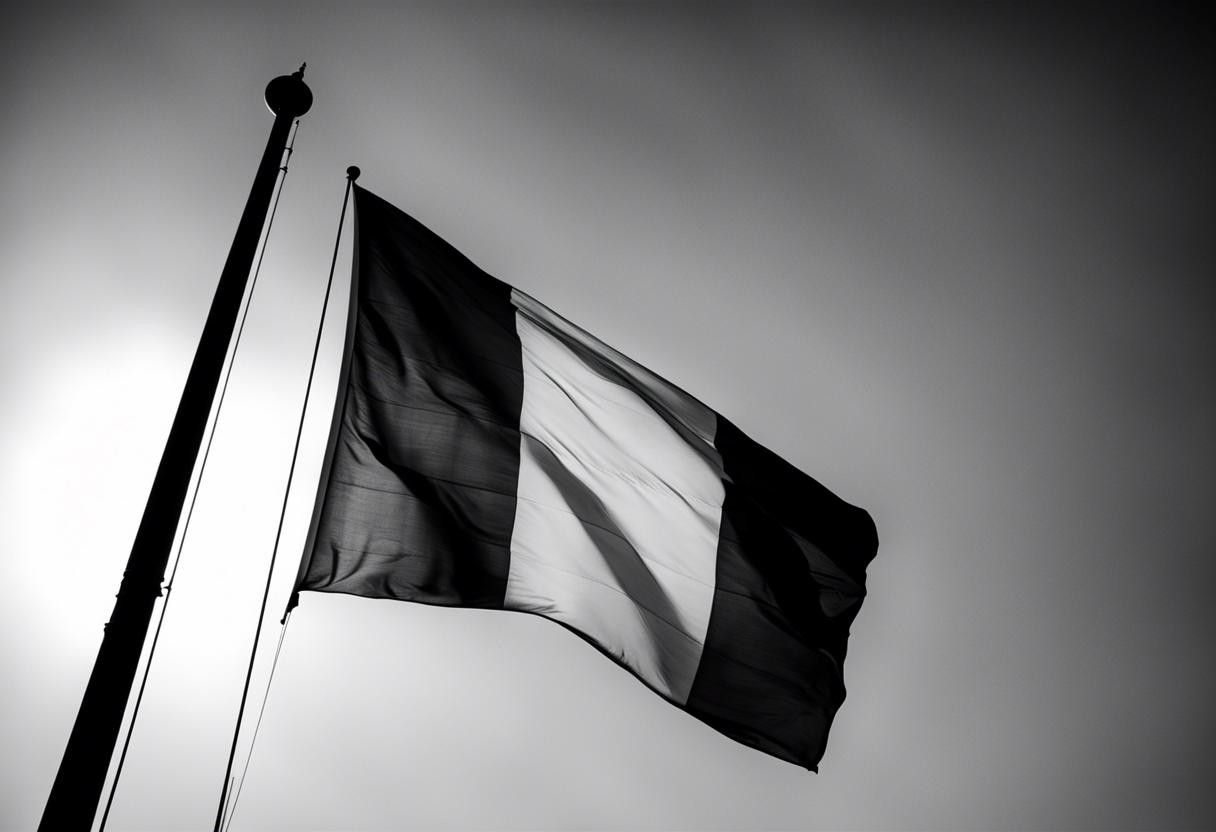In the initial round of France’s parliamentary elections, the far-right National Rally (RN), led by Marine Le Pen, gained the highest votes, as indicated by exit polls. Notably, this anti-immigration party is now poised to potentially become the dominant political force in the French parliament, following an exceptional performance in these snap elections. It is suggested that RN achieved an approximate 34 per cent national vote share, pushing the left-wing alliance into second place and the centrist alliance of French president Emmanuel Macron to a distant third.
Prime Minister Gabriel Attal, likely to see himself resigning after the second round, cautioned of the far-right nearing the “verge of power”. He urged that in the second round, RN should not secure a “single vote”. Furthermore, a sense of urgency was expressed by Raphael Glucksmann, a leading face in the left-wing alliance saying, “We have seven days to save France from disaster.”
The possibility of RN gaining absolute power, remains a demanding task. If achieved, would mark a first in French history where a far-right party won a parliamentary election and established a government. If they gather most seats but fall short of a majority, Macron could be faced with a hung parliament, thwarting his governance on the European Union’s second largest economy and top military force.
The eventual victory of RN rests on the political negotiations by its competitors in the upcoming days. Previously, both traditional right and left-wing parties have settled on agreements to withdraw candidates from the second round to prevent vote-splitting against RN. Nonetheless, such a tactical voting strategy, often referred to as the “republican front” to obstruct RN, is now more uncertain than ever.
Macron, in his statement, appealed to voters to support candidates of a “distinctly republican and democratic” nature. His recent assertions hint at excluding RN candidates and those from Jean-Luc Mélenchon’s France Unbowed, but not ruling out those representing the more moderate left-wing parties of the NFP.
The French President’s decision to dissolve the parliament and instigate sudden elections following a significant defeat of his middle-of-the-road, pro-EU faction by the RN in the European Union elections, left his government and followers in a state of surprise and confusion. He expressed the significance of this electoral decision and his resolution to elucidate the political circumstances through a statement issued as the initial results were broadcasted on Sunday.
In the voting results, the hastily composed left-wing coalition, the NFP, obtained approximately 29% of the votes. In contrast, the President’s Together alliance secured between 20.5 % to 23 % votes, as per the exit polls. However, this initial national estimate might not illustrate the ultimate distribution of seats in the National Assembly, as it hinges on individual constituency results.
The voting saw an exceedingly high turnout, with projections by Ipsos indicating that 65.8% of the qualified electorate cast their votes. Ms Le Pen, post-poll, appraised the French people’s clear-cut voting to move on from seven years of unsatisfactory and destructive governing under President Macron.
Well-wishers from far-right groups across Europe showered the National Rally with congratulations. The first round saw 65 MPs elected – a substantial number comprising 38 MPs from the far-right National Rally and its partner, Eric Ciotti from Les Républicains. This is more than twice the number Ms Le Pen anticipated.
Jordan Bardella, Ms Le Pen’s mentee and party chief, expressed his desire to take on the mantle of “prime minister to all the French” on Sunday night. However, numerous protests against his party were launched in several cities such as Paris, Lyon, Lille, Nantes, and Strasbourg, with large gatherings at the Place de la République in the capital, where notable left alliance figures voiced their opposition to the extreme right.
Mr Bardella declared he would only accept the prime minister’s role if his party achieved a clear majority. He dismissed the idea of heading a minority government, and both President Macron and the left-wing NFP dismissed any amalgamation with him. He pledged to be a cooperative prime minister, respectful of the constitution and the presidency’s role, yet steadfast in implementing their policies.

